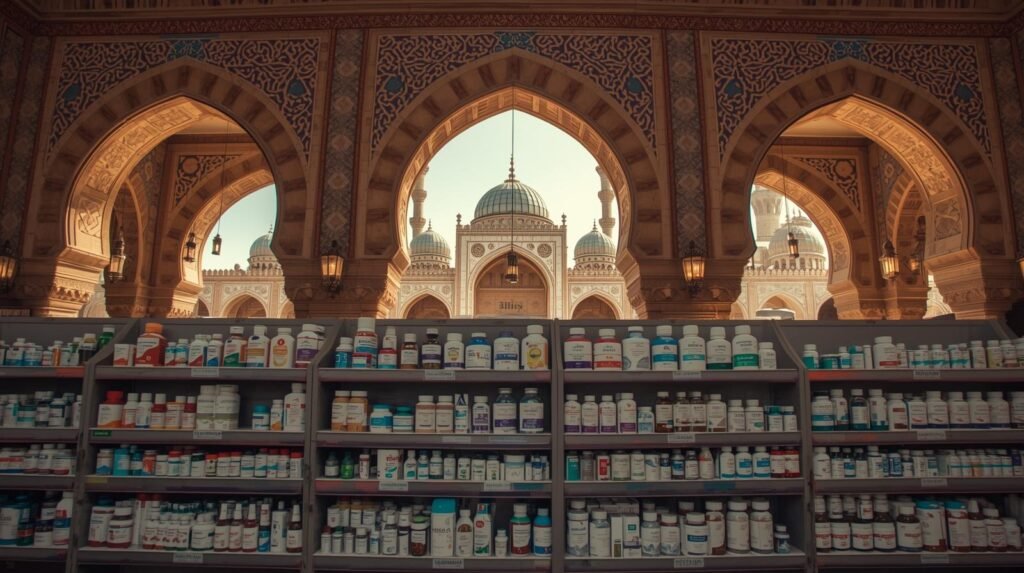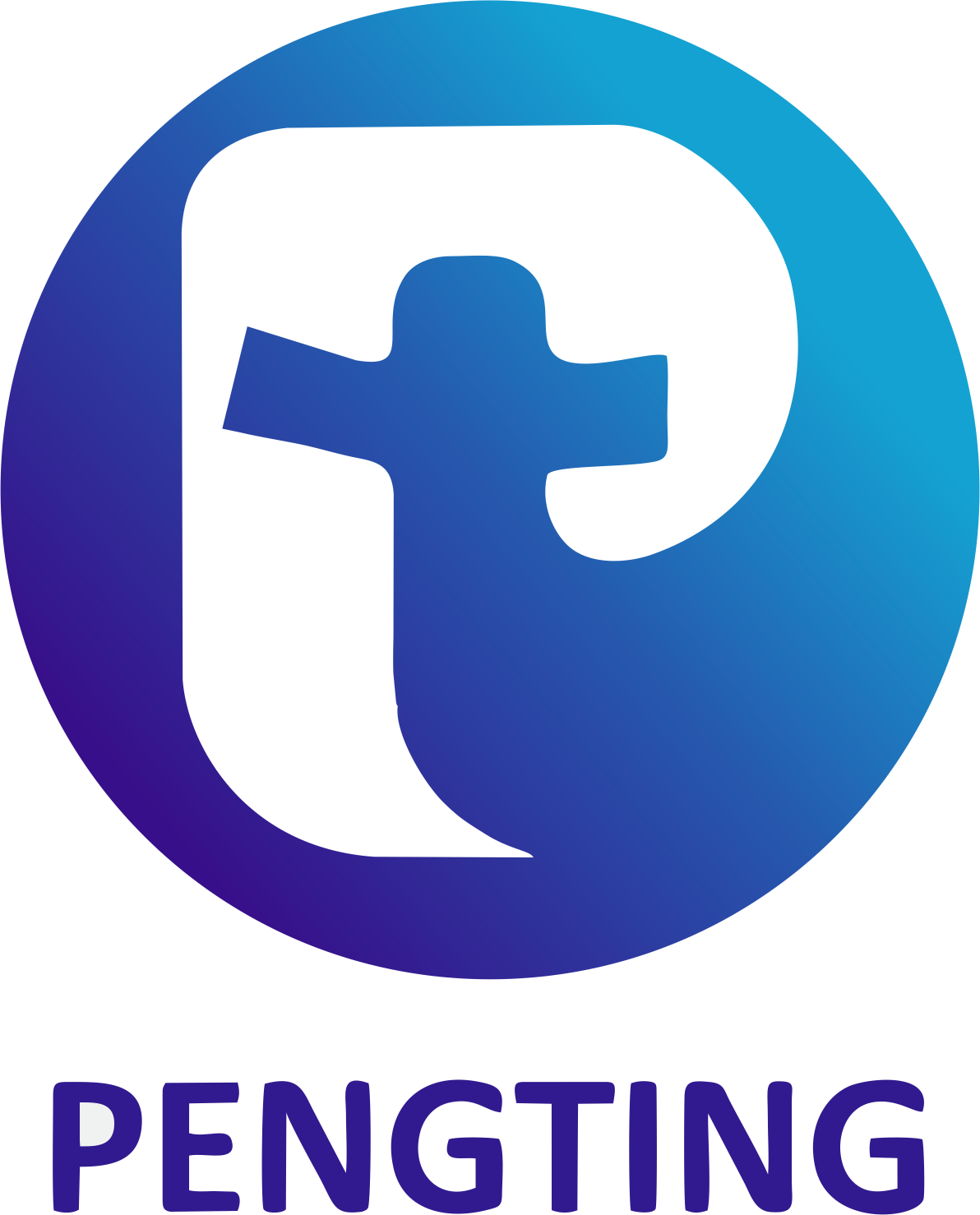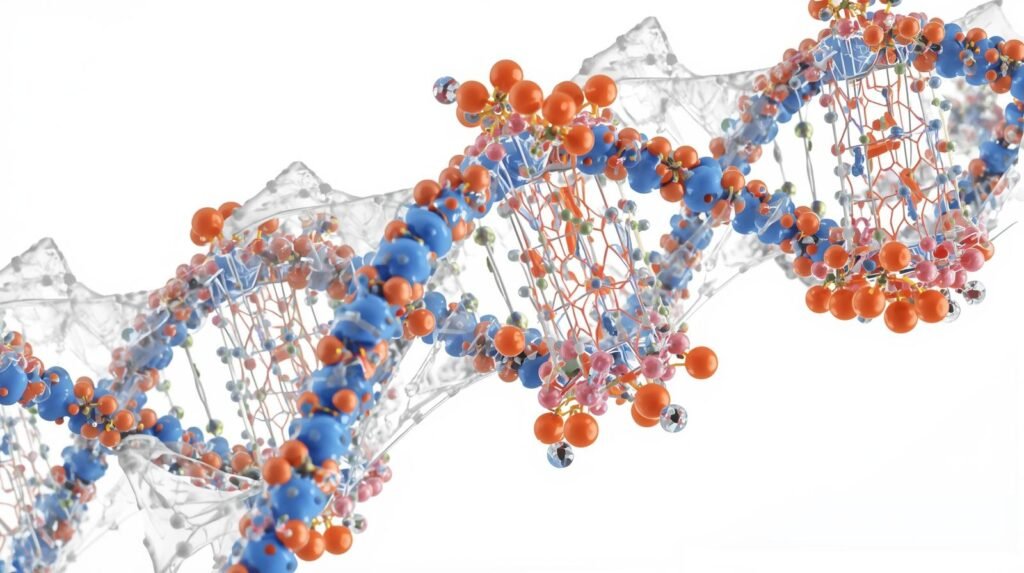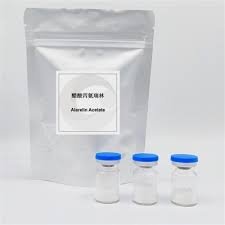
The Middle East and North Africa (MENA) pharmaceutical market represents a $45 billion opportunity, yet 68% of international peptide API manufacturers fail their initial market entry due to non-compliance with Halal certification requirements. With the MENA region’s pharmaceutical sector growing at 11% CAGR—twice the global average—understanding Halal certification has become a critical business imperative rather than a religious formality. This comprehensive guide reveals how peptide API manufacturers can navigate the complex landscape of Islamic compliance, avoid costly application rejections, and capture market share in the world’s most rapidly expanding pharmaceutical region where 93% of consumers prioritize Halal certification in their purchasing decisions.
Why Halal Certification Matters for Peptide APIs in MENA
Halal certification represents more than just religious compliance—it’s the gateway to one of the world’s most valuable pharmaceutical markets. The MENA region’s $45 billion pharmaceutical industry requires all imported peptide APIs to undergo rigorous Halal certification processes that verify compliance with Islamic law (Shariah). This certification isn’t optional; it’s mandatory for market access across the Gulf Cooperation Council (GCC) countries and most Muslim-majority nations.
The strategic importance of Halal certification extends beyond regulatory compliance:
- Market Access: 93% of pharmaceutical procurement decisions in GCC countries require Halal certification.
- Consumer Trust: 87% of Muslim consumers actively seek Halal-certified medications when available.
- Premium Pricing: Halal-certified APIs command 15-25% price premiums due to perceived quality and compliance.
- Regulatory Advantage: Certification streamlines registration processes by 40-60% in most MENA countries.
“Halal certification isn’t a religious checkbox—it’s the most rigorous quality assurance system in the pharmaceutical world. APIs that meet Halal standards inherently demonstrate superior purity, traceability, and manufacturing excellence.” — Dr. Amina Khalid, MENA Pharmaceutical Regulatory Affairs Director.
The Halal Certification Process: Step-by-Step Requirements
Obtaining Halal certification for peptide APIs involves a meticulous multi-stage process that typically takes 4-9 months to complete. Understanding each phase is crucial for successful certification.
Phase 1: Pre-Application Assessment (4-6 Weeks)
Before formal application, manufacturers must conduct a comprehensive internal audit:
- Ingredient Mapping: Document every raw material, catalyst, and processing aid.
- Supply Chain Verification: Audit all suppliers for Halal compliance documentation.
- Process Analysis: Identify potential contamination points in manufacturing.
- Facility Evaluation: Assess equipment cleaning protocols and production line segregation.
Phase 2: Documentation Submission (6-8 Weeks)
Preparation of the comprehensive application dossier requires:
| Document Type | Specific Requirements | Common Pitfalls |
|---|---|---|
| Chemical Composition | Full disclosure of all ingredients and their sources | Omitting processing aids or catalysts |
| Manufacturing Process | Step-by-step synthesis with temperature and pressure parameters | Inadequate cleaning validation data |
| Supply Chain Documentation | Halal certificates for all animal-derived components | Expired supplier certificates |
| Quality Control Records | Batch testing results and analytical methods | Incomplete purity profiles |
Phase 3: Facility Inspection and Audit (2-4 Weeks)
Certification bodies conduct rigorous on-site assessments focusing on:
- Production Line Segregation: Dedicated equipment for Halal production.
- Cleaning Validation: Evidence of preventing cross-contamination.
- Storage Protocols: Separate areas for Halal and non-Halal materials.
- Personnel Training: Staff competency in Halal compliance procedures.
Phase 4: Laboratory Testing and Analysis (3-4 Weeks)
Independent laboratories conduct sophisticated analyses:
- Mass Spectrometry: Detection of porcine or alcohol-derived components at ppm levels.
- Chromatographic Purity: Verification of ingredient sources and processing history.
- Stability Testing: Assessment of Halal integrity throughout shelf life.
Critical Compliance Requirements for Peptide APIs
Peptide APIs face unique challenges in Halal certification due to their complex synthesis pathways and diverse raw material sources. Manufacturers must address several critical areas.
Prohibited Ingredients and Substances
Absolute prohibitions that result in immediate certification failure:
- Porcine-Derived Components: Gelatin, glycerin, stearic acid, or any pig-sourced materials.
- Intoxicants: Ethanol above permissible limits (typically >0.5%).
- Non-Halal Animal Sources: Animals not slaughtered according to Islamic methods.
- Blood-Derived Products: Any components derived from blood plasma.
Synthesis and Processing Considerations
Manufacturing process requirements that must be verified:
- Microbial Fermentation: Media components must be Halal-certified.
- Chemical Synthesis: Catalysts and reagents must be alcohol-free.
- Purification Methods: Chromatography solvents must meet purity standards.
- Lyophilization: Cryoprotectants must be from Halal sources.
Packaging and Storage Requirements
Often overlooked aspects that can jeopardize certification:
- Container Materials: Must not contain animal-derived components.
- Lubricants: Manufacturing equipment lubricants must be synthetic.
- Storage Conditions: Must prevent cross-contamination with non-Halal products.
Country-Specific Certification Requirements
While Halal certification follows similar principles globally, MENA countries exhibit significant variations in requirements and approval processes.
| Country/Region | Primary Authority | Certification Validity | Unique Requirements |
|---|---|---|---|
| Saudi Arabia | Saudi Food and Drug Authority (SFDA) | 2 years | Mandatory on-site inspection by SFDA auditors |
| United Arab Emirates | Emirates Authority for Standardization and Metrology (ESMA) | 3 years | Requires GMP and Halal certification integration |
| Qatar | Ministry of Public Health (MoPH) | 1 year | Quarterly audit requirements for maintenance |
| Kuwait | Public Authority for Food and Nutrition (PAFN) | 2 years | Extensive laboratory testing for alcohol residues |
| Oman | Ministry of Commerce and Industry | 3 years | Emphasis on supply chain documentation |
Common Certification Challenges and Solutions
Manufacturers frequently encounter specific obstacles during Halal certification processes. Understanding these challenges in advance significantly improves success rates.
Technical Challenges
- Complex Supply Chains: Peptide APIs often involve 5-7 tier supply chains with limited transparency.
- Residual Solvents: HPLC and purification solvents may leave alcohol residues.
- Enzyme Sources: Proteolytic enzymes frequently derive from non-Halal sources.
Documentation Challenges
- Incomplete Paperwork: 74% of initial applications get rejected due to documentation issues.
- Translation Requirements: Arabic translations must be professionally certified.
- Version Control: Document consistency across multiple submissions is critical.
Implementation Solutions
- Dedicated Halal Team: Assign cross-functional team to manage certification process.
- Supplier Qualification Program: Pre-qualify suppliers for Halal compliance.
- Process Mapping: Document every manufacturing step with compliance points.
The Business Case: Costs vs. Benefits Analysis
While Halal certification requires significant investment, the financial returns justify the expenditure for most manufacturers targeting MENA markets.
Certification Costs Breakdown
- Application Fees: $15,000-$35,000 depending on country and complexity.
- Consulting Services: $25,000-$60,000 for preparation and guidance.
- Process Modifications: $50,000-$250,000 for equipment and facility upgrades.
- Ongoing Maintenance: $10,000-$25,000 annually for audits and renewals.
Return on Investment Factors
- Market Access: Entry into $45 billion pharmaceutical market.
- Price Premium: 15-25% higher pricing for certified APIs.
- Faster Registration: 40-60% reduction in registration timeline.
- Competitive Advantage: Differentiation from non-certified competitors.
Future Trends: The Evolution of Halal Certification
The Halal certification landscape is rapidly evolving with technological advancements and regulatory changes that manufacturers must anticipate.
Digital Transformation
- Blockchain Verification: Immutable supply chain tracking becoming mandatory.
- Digital Certificates: QR-code enabled certifications for instant verification.
- AI-Powered Compliance: Automated monitoring of certification requirements.
Regulatory Harmonization
- GCC Unified Standards: Movement toward single certification for all GCC countries.
- International Recognition: Mutual recognition agreements between certifying bodies.
- Standardized Requirements: Gradual alignment of documentation and testing requirements.
FAQs: Halal Certification for Peptide APIs
Q: How long does Halal certification typically take for peptide APIs?
A: The certification process generally requires 4-9 months depending on the complexity of the API, readiness of documentation, and specific country requirements. Simple peptides with straightforward synthesis pathways may achieve certification in 4-5 months, while complex peptides with multiple synthesis steps typically require 7-9 months.
Q: Can peptides containing alcohol as a solvent be certified Halal?
A: Yes, under specific conditions. Alcohol content below 0.5% is generally permissible if it serves as a preservative or solvent and doesn’t cause intoxication. However, the alcohol source must be synthetic or from Halal-certified fermentation, and residual alcohol must be documented through rigorous testing.
Q: Is Halal certification required for all MENA countries?
A: While most MENA countries require Halal certification for pharmaceutical products, specific requirements vary significantly. GCC countries (Saudi Arabia, UAE, Qatar, Kuwait, Oman, Bahrain) have the most stringent mandatory requirements, while North African countries may have more flexible approaches for certain therapeutic products.
Core Takeaways
- Strategic Imperative: Halal certification is mandatory for accessing the $45 billion MENA pharmaceutical market, not optional.
- Process Complexity: Certification requires 4-9 months of preparation, documentation, and rigorous facility audits.
- Technical Challenges: Peptide APIs face unique challenges with synthesis pathways, raw materials, and purification methods.
- Country Variations: Each MENA country has specific requirements with Saudi Arabia and UAE having the most stringent standards.
- Business Value: Despite significant costs, certification delivers substantial ROI through market access, premium pricing, and competitive advantage.
Conclusion: Mastering Halal Certification for Market Success
Halal certification for peptide APIs represents both a formidable challenge and tremendous opportunity for pharmaceutical manufacturers. The process demands significant investment in time, resources, and process modifications—typically requiring 4-9 months of preparation and $100,000-$350,000 in direct and indirect costs. However, this investment unlocks access to the $45 billion MENA pharmaceutical market, where Halal certification isn’t merely a regulatory requirement but a fundamental expectation of healthcare providers and patients alike.
The manufacturers that succeed in obtaining and maintaining Halal certification adopt strategic approaches that integrate compliance into their quality systems rather than treating it as a separate requirement. They establish dedicated Halal management teams, implement robust supplier qualification programs, and maintain meticulous documentation practices. Most importantly, they recognize that Halal certification ultimately enhances their overall quality systems, providing competitive advantages that extend beyond MENA markets to global pharmaceutical customers who increasingly value supply chain transparency and manufacturing excellence.
As the MENA pharmaceutical market continues to grow at double the global rate, Halal certification will become increasingly fundamental to international market success. Manufacturers that proactively address these requirements position themselves to capture significant market share in one of the world’s most dynamic pharmaceutical regions while simultaneously strengthening their quality systems and market positioning globally.
Disclaimer:
This article contains information, data, and references that have been sourced from various publicly available resources on the internet. The purpose of this article is to provide educational and informational content. All trademarks, registered trademarks, product names, company names, or logos mentioned within this article are the property of their respective owners. The use of these names and logos is for identification purposes only and does not imply any endorsement or affiliation with the original holders of such marks. The author and publisher have made every effort to ensure the accuracy and reliability of the information provided. However, no warranty or guarantee is given that the information is correct, complete, or up-to-date. The views expressed in this article are those of the author and do not necessarily reflect the views of any third-party sources cited.





